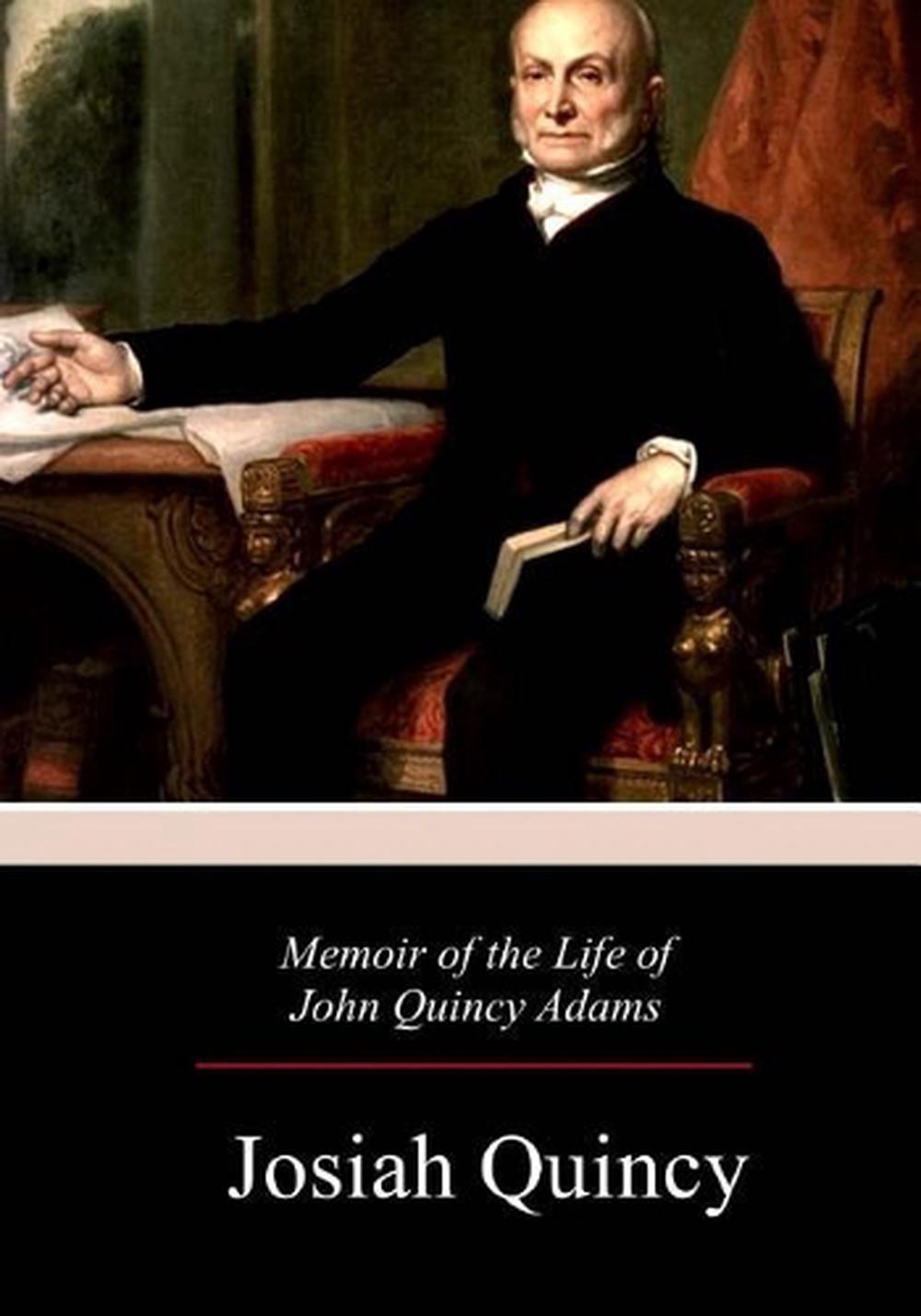

But it was what John Quincy Adams did BEFORE and AFTER his presidency that really mattered. He lacked the support of Congress and of the American people, and he was soundly defeated four years later by Jackson.

He subsequently appointed Clay Secretary of State, and the whole affair came to be known as the "Corrupt Bargain." (There is a song about this in the 2010 Broadway musical "Bloody Bloody Andrew Jackson.")Īs a president, John Quincy Adams did not amount to much. After John Quincy Adams met with Henry Clay, Clay threw his support to Quincy Adams, who became the sixth president. Andrew Jackson won the popular vote, but none of the candidates had a majority of the electoral votes, thus tossing the election to the House of Representatives to decide. In the presidential election of 1824 it was a four-way contest. It's hard to imagine our country becoming great without the lifelong service offered by John Quincy Adams. Having just read several other much longer biographies of his predecessors, I did notice a few spots where the author glossed over things or inadequately explained stuff, but what the book lacked in long-winded scholarship it more than made up for in heart. © 2013 Blackstone Publishing (Lydbog): 9781481595605As presidential biographies go, I found this book by Harlow Giles Unger to be well written and quite a page-turner. Often only a breath away from reestablishing the tyranny he pledged to destroy in the Revolutionary War, he imposed law and order across the land while ensuring individual freedom and self-government.

Then, in the absence of Congress, he sent troops to fight Indian wars, crush tax revolts, and put down threats of secession by three states.Constantly weighing preservation of the Union against preservation of individual liberties and states' rights, Washington assumed more power with each crisis.

In a series of brilliant but unconstitutional maneuvers, Washington forced Congress to cede control of the four pillars of executive power: war, finance, foreign affairs, and law enforcement. Drawing on rare documents and letters, Unger shows how Washington combined political cunning, daring, and sheer genius to seize ever-widening powers to solve each crisis. President" describes George Washington's assumption of office in a time of continual crisis, as riots, rebellion, internecine warfare, and attacks by foreign enemies threatened to destroy the new nation. To ensure their ability to defend the nation, he simply ignored the Constitution when he thought it necessary and reshaped the presidency into what James Madison called a "monarchical presidency." Modern scholars call it the "imperial presidency." A revealing new look at the birth of American government, "Mr. Although the framers gave the president little authority, Washington knew whatever he did would set precedents for generations of his successors.


 0 kommentar(er)
0 kommentar(er)
